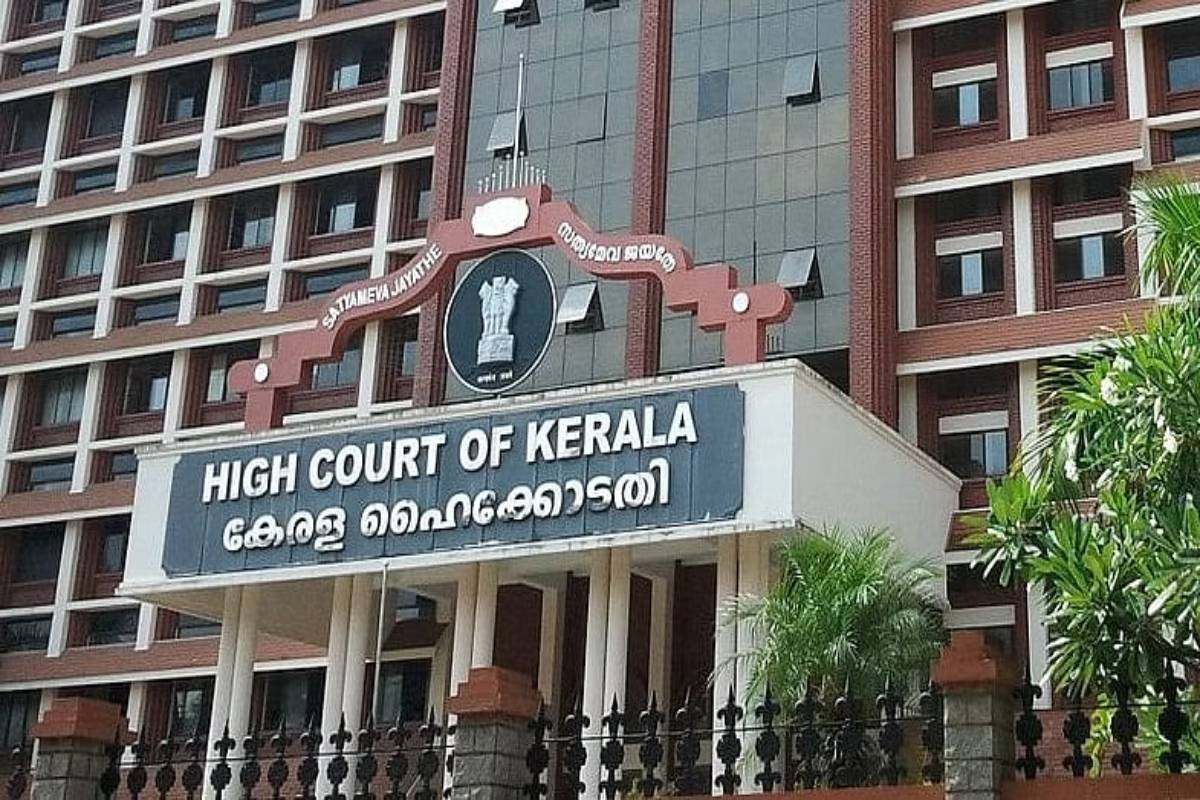Kerala HC questions Govt’s authority on Inquiry Commission for disputed Waqf land in Munambam
The court orally observed that the commission, headed by Justice C.N. Ramachandran Nair, appeared to lack a proper rationale.
The high court granted bail to the accused on finding that there exists no reasonable ground to believe that the accusations made against them were prima facie true.

Kerala High Court
In a setback to the National Investigation Agency (NIA), the Kerala High Court on Tuesday granted bail to 17 members of the banned Popular Front of India (PFI), who were accused in the murder case of RSS leader Srinivasan.
The murder that took place in the Palakkad district dates back to 2022.
Advertisement
A Division Bench comprising Justice AK Jayasankaran Nambiar and Justice Syam Kumar V M granted bail to the seventeen accused on finding that there exists no reasonable ground to believe that the accusations made against them were prima facie true.
Advertisement
“Over and above the principles gleaned from the precedents referred above, we feel that in cases such as the present, where the allegation against the accused is that they were complicit in terrorism-related offences, a court examining the evidence against the accused under Section 43D of the UA (P) Act has also to guard itself against any confirmation bias that might creep in based on ideological biases and false narratives prevalent in society. ..…..The role of any court, not just the constitutional courts, must be to lean in favour of the fundamental rights of the accused, and not in favour of the restrictions that can be imposed on those rights,” the court said.
While granting the bail, the high court imposed stringent conditions on them. They have been ordered to share their mobile numbers and real-time GPS locations with the investigating officer.
Besides, the accused shall not leave the state of Kerala, shall surrender their passports and keep their mobile phones charged and active round-the-clock, the high court said.
The court directed the 17 accused to “present themselves before the special court which shall enlarge them on bail on such conditions as the special court may deem necessary.
The high court, however, denied bail to nine appellants (Saddam Hussain MK, Ashraf, Noushad M, Ashraf Moulavi, Ansari EP, Mohammad Ali K @ Kunjappu, Yahiya Koya Thangal, Abdul Raoof C A and Abdul Sathar) on finding that there are reasonable grounds to believe that the accusations made against them by the NIA were prima facie true and that they were disentitled to bail under Section 43D (5) of the UAPA.
“Proceeding thus, we feel that it is only in respect of those appellants/accused, against whom the material relied upon by the prosecution, when taken as a whole, crosses the threshold of ‘general allegations coupled with overt acts that would clearly suggest the complicity of the accused in the offence with which he is charged’, that we can say with any degree of conviction that there are reasonable grounds for believing that the accusation against that person is prima facie true.” the court said.
Advertisement